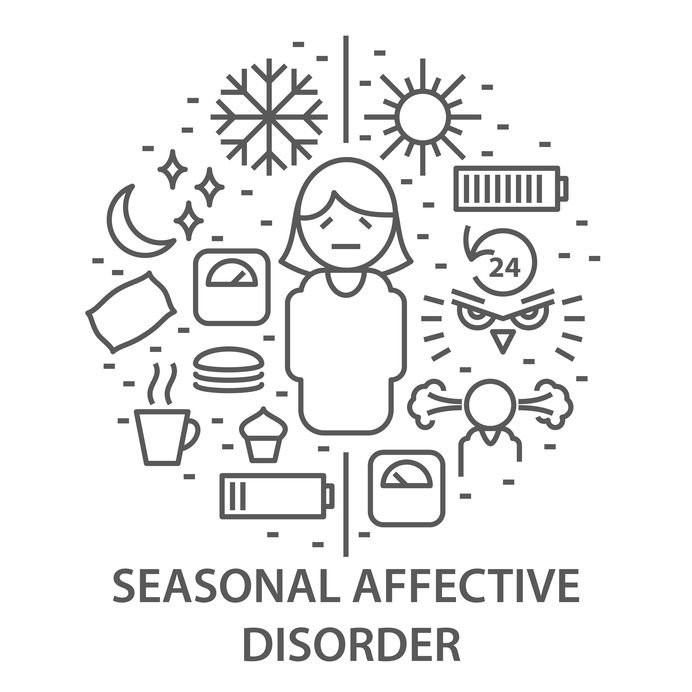
The predisposition to depression and emotional disorders is higher in the winter, according to specialists from the American Psychiatric Association. Also, according to official World Health Organization statistics, depression affects over 350 million people worldwide.
The cold season increases the predisposition for the apparition of seasonal depression, which, according to some specialists, is a sign of major depression or bipolar disorder. Most people who show signs of seasonal affective disorder will also suffer eventually from major depressive episodes (20% already have them and the others are expected to develop them in the future).
The specific symptoms start with difficulties to wake up and get up from the bed in the morning, drowsiness during the day, difficulty to bear low temperatures, the need to eat more, especially carbohydrates and fast food, avoiding friendly, social and even family activities, difficulty in concentration and lack of efficiency in performing daily tasks. A person with seasonal depression typically sleeps longer, but does not experience an increase of the energy level and hence the lack of motivation and the tendency to postpone pretty much everything.
In this context, some symptoms may aggravate, as the anxiety increases, and the person starts to feel a permanent sadness, pessimism and loss of self-confidence.
A seasonal depression psychotherapy Broomfield professional can identify these particular signs and initiate appropriate treatment.

Recent Comments